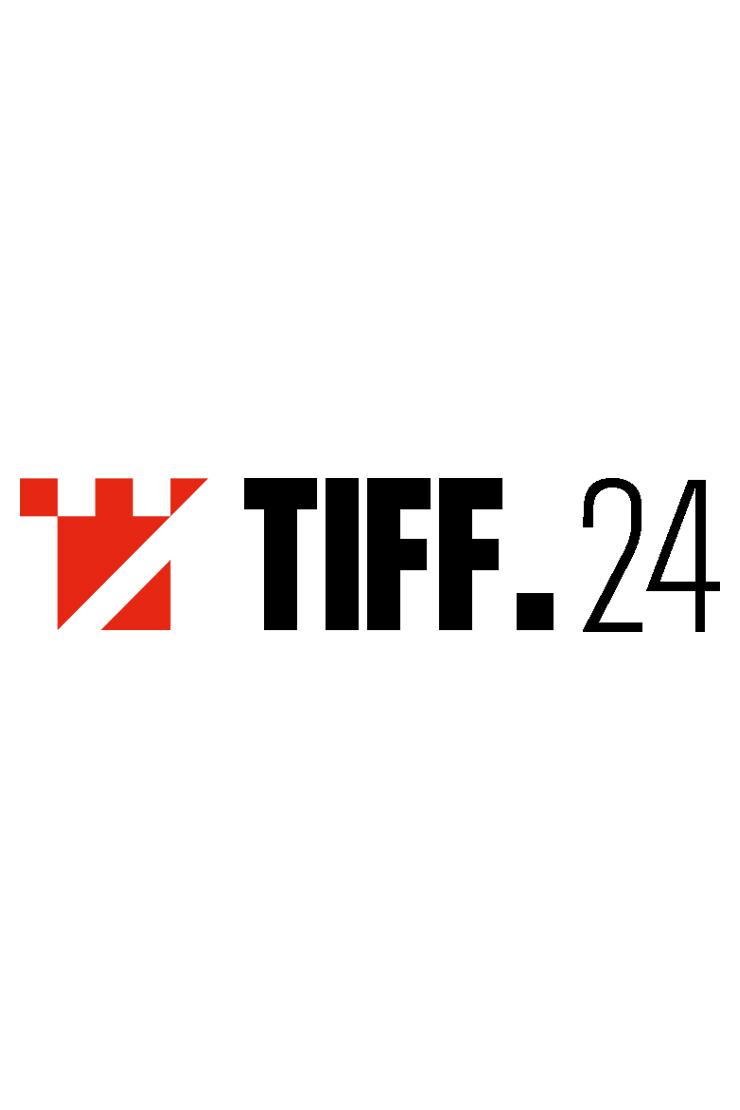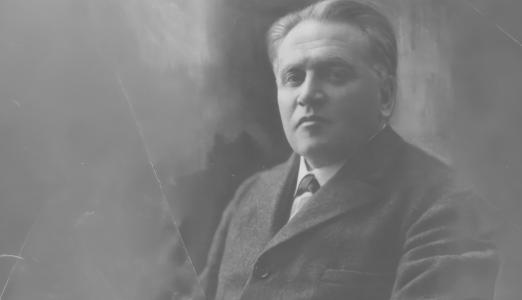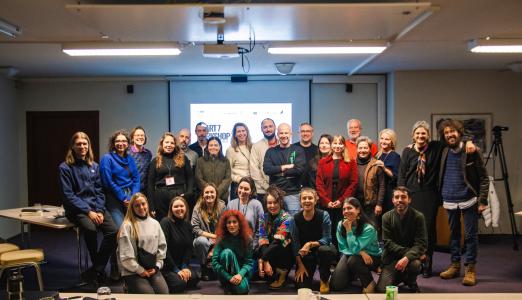PerspecTIFF - Cinephilia and What it Teaches Us

In general the last thing you do when opening a film festival catalogue is look at the introductions by festival presidents and artistic directors – you jump to the meat, which are the films, and ignore the blather around it, which tends to be bland pronouncements on the magic of cinema in general, and the strengths of this year’s edition in particular. However, take a moment to read the brief paragraphs by Tudor Giurgiu and Mihai Chirilov. I’m in the privileged position of calling them both dear friends, so it may seem like I’m simply promoting the people close to me, but there really is more to it than that.
Tudor has his characteristic political message, even while saying he doesn’t have time to write the usual lines about how government policy, or the lack thereof, continues to hamper the cinema industry – for non-Romanians unaware of the situation, it’s vital you have at least a concise understanding of what’s going on (and feel free to waylay Tudor to get more details!). But I was most struck by his short paragraph about Mircea Daneliuc, a director largely forgotten by the outside world even though his films played in many major festivals. It’s not unusual of course: there are only so many films we can cram into our viewing sessions, and if you take a look at any list of Cannes competition titles, for example, you’re bound to find quite a few directors whose names have probably never registered in your mind. Tudor writes, “You will (maybe) discover some of the films that made me wonder, as a child, about what a director does on a film set. Films I fell in love with.” These straightforward lines connected with my own recent thoughts about when and how our cinephilia is kindled.
There was a lovely exhibition towards the end of last year at Istanbul’s Modern Art Museum about cinephilia in Turkey – it’s the first time I’ve seen a show on the subject, anywhere, and I began canvassing colleagues about when they got the bug. I’ve been concerned in recent years about how younger people get turned on by older films: with so many TV channels offering so much targeted programming, I know that children tend to stick with, say, the Disney Channel, rather than experience the more broad-based programming most of us were exposed to when there were far fewer choices of what to watch. As a kid I was watching b&w Tarzan films and Fred Astaire musicals as well as Scooby Doo and Wacky Races; I sent fan letters to a few movie stars, would wait backstage at Broadway shows to get autographs from the actors, and once, when I was about 17, stopped my bus and ran down the street because I saw Klaus Maria Brandauer walking down Madison Avenue, and wanted to get his signature.
I imagine most of us can recall moments when the pull of the screen made us want to connect with the artists who gave us so much pleasure. With maturity we (hopefully) exchange that starry-eyed worship with something more considered, yet the germ of being a fan is something I never want to lose, because it connects me back to why I fell in love with cinema in the first place. Balancing the intellectual with the emotional is the ultimate form of cinephilia, something so well reflected in TIFF’s programming, weaving together drama, comedy, horror, documentary…. It’s what feeds our hunger for film, and hopefully keeps our minds open to new experiences and discoveries. I imagine Daneliuc’s films taught Tudor to understand the power of images and the significance of looking: what it means when the camera guides our gaze. Such recognition heightens our senses and make us question what and how we process the world on screen as well as the world at our feet. At its best, cinephilia challenges us to confront our prejudices; as Mihai writes, “Cinema should be an opportunity for debate and a platform for freedom of expression, not a vehicle for obtuse propaganda and non-confrontational candy-coating.” The line could be TIFF’s statement of purpose, and should be a guiding force in how we channel our love of cinema.
Jay Weissberg





